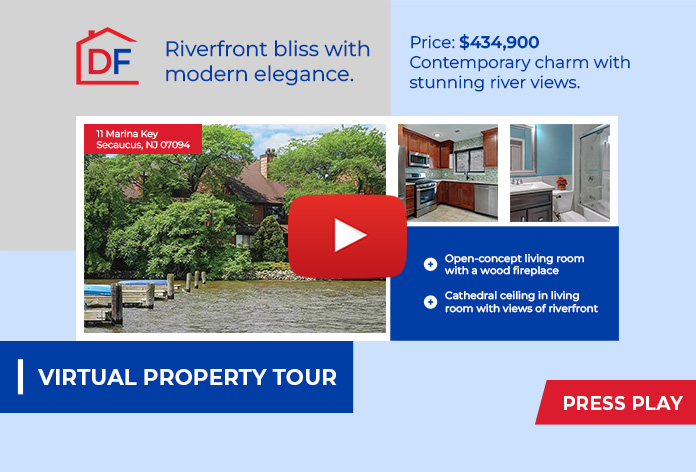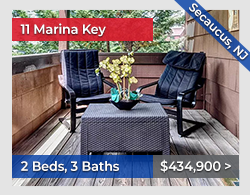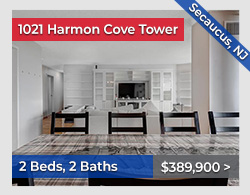Navigate renting confusion by understanding security deposits, lease terms, subletting rules, maintenance duties, and tenant rights. Security deposits safeguard landlords from damage or unpaid rent, refundable if you comply with the lease. Know the rules for deductions. Scrutinize the lease for extensions, rent hikes, and subletting terms. Seek landlord approval before subletting, renewing if needed. Clarify rent responsibility during subletting and discuss separate deposits. Understand maintenance duties, document issues, and communicate effectively. Be aware of tenant rights on habitability, privacy, eviction, lease reviews, and discrimination. Master these areas to excel in your rental journey.
Key Takeaways
- Understand security deposit guidelines to ensure fair deductions and refund procedures.
- Review lease terms for subletting permissions, restrictions, and renewal processes.
- Clarify maintenance responsibilities in the lease agreement to avoid disputes.
- Familiarize yourself with tenant rights, eviction procedures, and lease renewal terms.
- Obtain landlord consent before subletting, adhere to guidelines, and maintain open communication.
Understanding Security Deposits
When renting a property, it is essential to comprehend the intricacies surrounding security deposits to protect your financial interests. Security regulations govern how landlords handle these deposits, ensuring that they are returned promptly and fairly at the end of the lease. Understanding the rules related to deposit return is vital for tenants to safeguard their investment.
Security deposits serve as a form of insurance for landlords against potential damages or unpaid rent. Typically, these deposits are refundable, provided the tenant adheres to the terms of the lease agreement. However, landlords must follow specific guidelines outlined in security regulations when deducting from the deposit for damages or unpaid rent.
To ensure a smooth deposit return process, tenants should carefully document the condition of the property upon moving in and promptly report any issues to the landlord. By understanding security regulations and their rights regarding deposit returns, tenants can protect themselves from unfair practices and secure their financial stake in the rental property.
Navigating Lease Agreement Terms
Understanding lease agreement terms requires a meticulous review of the rental contract to comprehend your rights and obligations as a tenant. When delving into lease extensions, make sure that the contract clearly outlines the procedures, timelines, and any associated fees. Familiarize yourself with the conditions under which rent increases may occur, such as annual adjustments or changes due to specific circumstances.
Roommate rules are important aspects of a lease agreement. Pay close attention to clauses regarding subletting or adding new tenants. Understanding the rules for lease transfers is essential if you plan to pass on your lease to another party before its expiration. Make certain that the contract specifies the process for transfers, including any required approvals from the landlord.
As you navigate the intricate details of your lease agreement, be vigilant about understanding the implications of each term. Seek clarity on any ambiguous language or provisions to avoid misunderstandings in the future.
Subletting Guidelines And Restrictions
Acquaint yourself with the subletting guidelines and restrictions outlined in your lease agreement to guarantee compliance with the terms set forth by your landlord. Understanding subletting regulations is important to avoid any potential violations that could lead to legal consequences. Additionally, if you plan to sublet your rental unit, it's vital to establish clear roommate agreements to prevent misunderstandings and conflicts in the future.
Below is a table summarizing key subletting guidelines and restrictions that are commonly found in lease agreements:
| Subletting Guidelines And Restrictions | Details |
|---|---|
| Approval Required | Obtain written consent from the landlord before subletting. |
| Subletting Period | This is typically limited to a specific duration and may require renewal. |
| Rent Responsibility | You are usually still responsible for rent payments during the sublet. |
| Subletting Deposit | Discuss with your landlord if a separate deposit is needed for subletting. |
Ensuring that you adhere to these guidelines will help you navigate the subletting process smoothly and maintain a positive relationship with your landlord.
Resolving Maintenance Responsibilities
To guarantee proper upkeep of your rental property, it is crucial to establish clear guidelines for resolving maintenance responsibilities as outlined in your lease agreement. When maintenance disputes arise, it is essential to refer to your lease to determine repair responsibilities. Typically, landlords are responsible for structural repairs and ensuring that the property meets health and safety standards, while tenants are usually responsible for minor maintenance tasks, such as changing light bulbs and keeping the property clean.
If there is uncertainty about who bears responsibility for a specific repair, communication is key. Document the issue, including when it was discovered and any conversations with your landlord. In cases where the landlord is unresponsive or refuses to address the problem, you may need to seek legal advice or mediation to resolve the maintenance dispute effectively.
Understanding repair responsibilities and effectively addressing maintenance disputes can help maintain a positive landlord-tenant relationship and ensure that your rental property remains in good condition throughout your tenancy.
Knowing Tenant Rights And Responsibilities
Familiarize yourself with the rights and responsibilities that come with being a tenant on a rental property. As a tenant, you have specific legal protections under landlord-tenant laws. Understanding your rights is essential to guaranteeing a fair and lawful tenancy.
Tenant rights encompass various aspects, including the right to live in a habitable dwelling, privacy, and freedom from discrimination. If faced with eviction, remember that landlords must follow the proper eviction process outlined by law. This process typically involves providing written notice and going through court proceedings.
When it comes to lease renewal and rental increases, tenants have the right to review the terms of the new lease before signing. Landlords must provide adequate notice before increasing rent, and in some jurisdictions, there are limits on how much rent can be raised.
Being aware of your rights as a tenant empowers you to advocate for yourself effectively. By staying informed and proactive, you can navigate tenancy issues with confidence and ensure a positive rental experience.
Frequently Asked Questions
Can I Install A Security System In My Rented Apartment?
Yes, you can install a security system in your rented apartment. Surveillance cameras and smart locks are common options. However, make sure to review your lease agreement and seek landlord permission to avoid any violations.
Are Emotional Support Animals Allowed In Rental Units?
When it comes to emotional support animals in rental units, remember to review your lease's pet policies. Landlord approval is key to ensuring compliance with legal requirements. Seek guidance if needed for a smooth process.
How Can I Break My Lease Early Without Penalties?
To break your lease early without penalties, review your lease agreement for clauses on lease termination. Contact your landlord to discuss an early exit, negotiate any fees or agreements, and consider finding a replacement tenant to minimize financial repercussions.
Can I Withhold Rent For Unresolved Maintenance Issues?
Are you wondering about rent withholding for unresolved maintenance? It's important to understand the legalities. As a tenant, your rights come with obligations. Research the laws in your area, document issues, communicate with the landlord, and seek professional advice if needed.
What Are The Rules For Hosting Guests In A Rental Property?
When hosting guests in a rental property, it's important to follow the guest policies outlined in your lease. Obtain landlord approval and adhere to any duration limits and visitor guidelines. Complying with these rules guarantees a harmonious tenancy.
Conclusion
So, there you have it, dear reader — the maze of renting confusions unraveled before your very eyes. Remember, when it comes to security deposits, lease agreements, subletting, maintenance responsibilities, and tenant rights, knowledge is power. Don't let the complexities of renting overwhelm you; arm yourself with information and navigate the rental world with confidence. And who knows, maybe one day, you'll even be able to decode the mysterious language of the landlord-tenant relationship. Happy renting!












